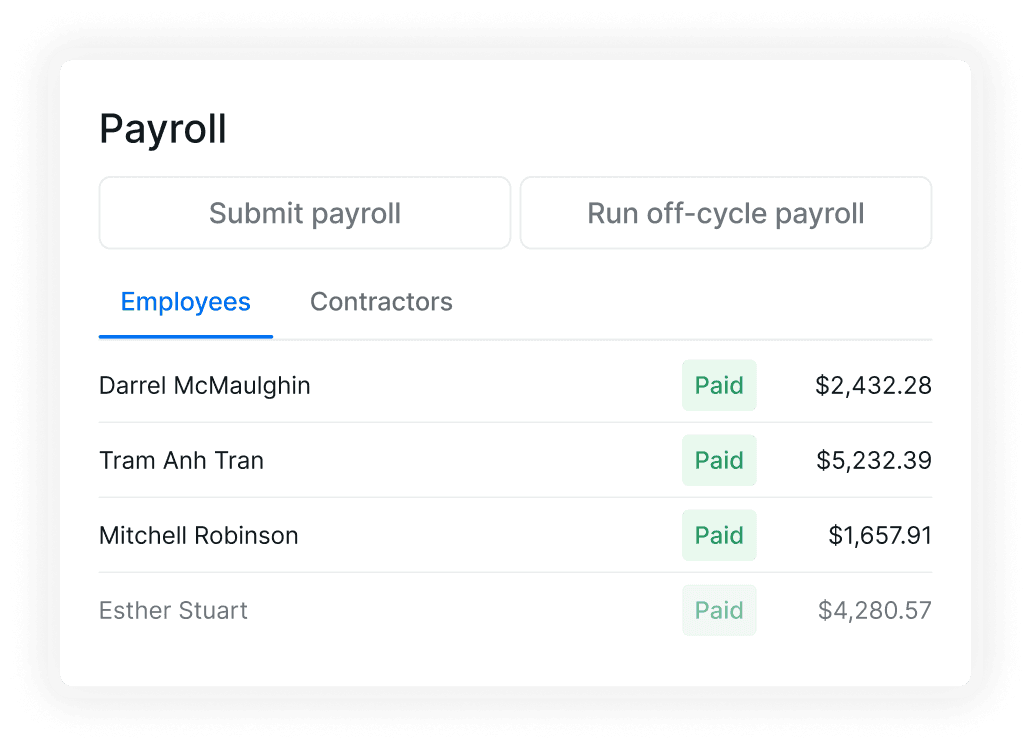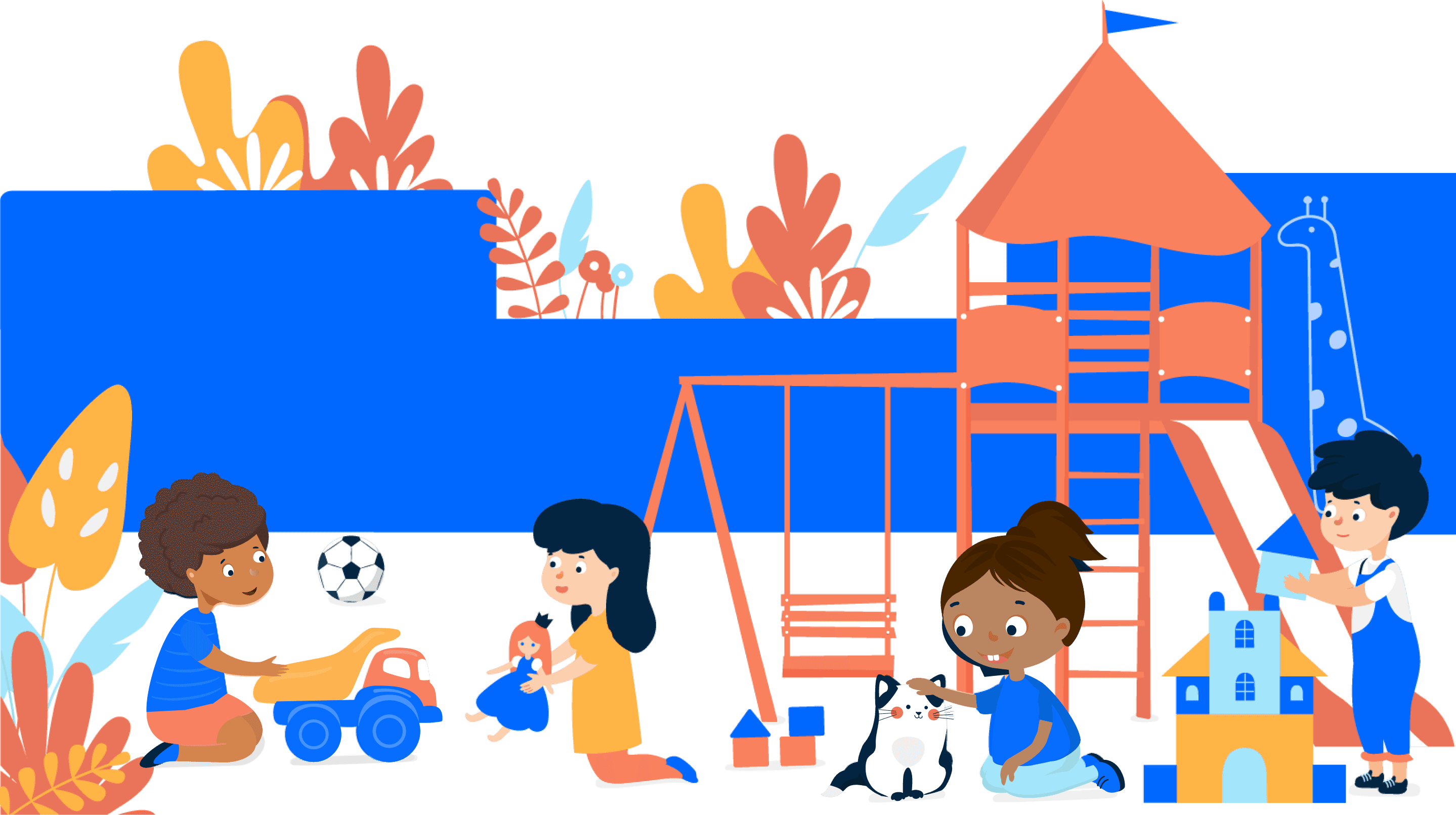Alphabet Parenting: A is for Allegory


Tamar Andrews
2 min read

Make your families & teachers happier
All-in-one child care management platform with billing, attendance, registration, communication, payroll, and more!
5.0 Rating

Make your families & teachers happier
All-in-one child care management platform with billing, attendance, registration, communication, payroll, and more!
5.0 Rating
allegory
Al·le·go·ry | \ˈaləˌɡôrē\ | noun
A story, poem, or picture that can be interpreted to reveal a hidden meaning, typically a moral or political one.
No one likes to be told what to do, children and adults alike
We fiercely defend our autonomy and challenge the status quo to ensure that we live our lives according to the guiding moral principles driving us at the time. This is where the use of allegories comes in nicely. While trying to raise my children right, I often used allegories as teaching tools. They allowed my children to naturally arrive at their own conclusions about difficult topics, without me having to pressure complicated ideas on them.
The allegory of an old man who couldn't sleep
My favorite allegory is the one of an old man who couldn't sleep. It goes something like this: a group of neighborhood children would often play basketball on the street making loud noises well into the night. One night, the old man asked gently if they could stop playing, but they simply laughed and played on.
The next night, the old man came out with $5 bills and handed one to each child, and asked them to continue playing. "I was wrong yesterday," he said. "I really love the sound of youth and laughter." Being paid money had a reinforcing effect and they continued to play well into the night.
He did the same the next night but with an apology, "I have limited funds so here is $1 for each of you." Not the same $5 as the night before, but still, they were being paid and so they played on.
The next evening, he walked outside and lamented, "my social security check has not arrived yet so I have no money. But for my sake, can you continue playing?" They laughed, made fun of the old man, and shouted out, “no money, no play!”
They laughed and left.
I’m sure you're asking yourself questions about the point of this allegory: What does it mean? Why did the kids continue to play when he asked nicely for them to stop and then stopped when he discontinued the payments?
To me, this allegory teaches a lesson about understanding someone's motivations when they suddenly change their feelings. It can teach you about thinking outside of the box to achieve what you really want. Or how situations change when money becomes involved. Why would an allegory work better than just telling a child these things?
Stories such as these allow children to build moral character by examining human motivation, both intrinsic and extrinsic. How can we get others to stay intrinsically motivated and to remain so and do the right thing? The beauty of allegories as teaching tools is their flexibility. Children are capable of drawing meaningful themes from a single story. The lessons a child gleans will vary greatly and may evolve over time as their strifes and needs change.
allegory
Al·le·go·ry | \ˈaləˌɡôrē\ | noun
A story, poem, or picture that can be interpreted to reveal a hidden meaning, typically a moral or political one.
No one likes to be told what to do, children and adults alike
We fiercely defend our autonomy and challenge the status quo to ensure that we live our lives according to the guiding moral principles driving us at the time. This is where the use of allegories comes in nicely. While trying to raise my children right, I often used allegories as teaching tools. They allowed my children to naturally arrive at their own conclusions about difficult topics, without me having to pressure complicated ideas on them.
The allegory of an old man who couldn't sleep
My favorite allegory is the one of an old man who couldn't sleep. It goes something like this: a group of neighborhood children would often play basketball on the street making loud noises well into the night. One night, the old man asked gently if they could stop playing, but they simply laughed and played on.
The next night, the old man came out with $5 bills and handed one to each child, and asked them to continue playing. "I was wrong yesterday," he said. "I really love the sound of youth and laughter." Being paid money had a reinforcing effect and they continued to play well into the night.
He did the same the next night but with an apology, "I have limited funds so here is $1 for each of you." Not the same $5 as the night before, but still, they were being paid and so they played on.
The next evening, he walked outside and lamented, "my social security check has not arrived yet so I have no money. But for my sake, can you continue playing?" They laughed, made fun of the old man, and shouted out, “no money, no play!”
They laughed and left.
I’m sure you're asking yourself questions about the point of this allegory: What does it mean? Why did the kids continue to play when he asked nicely for them to stop and then stopped when he discontinued the payments?
To me, this allegory teaches a lesson about understanding someone's motivations when they suddenly change their feelings. It can teach you about thinking outside of the box to achieve what you really want. Or how situations change when money becomes involved. Why would an allegory work better than just telling a child these things?
Stories such as these allow children to build moral character by examining human motivation, both intrinsic and extrinsic. How can we get others to stay intrinsically motivated and to remain so and do the right thing? The beauty of allegories as teaching tools is their flexibility. Children are capable of drawing meaningful themes from a single story. The lessons a child gleans will vary greatly and may evolve over time as their strifes and needs change.
allegory
Al·le·go·ry | \ˈaləˌɡôrē\ | noun
A story, poem, or picture that can be interpreted to reveal a hidden meaning, typically a moral or political one.
No one likes to be told what to do, children and adults alike
We fiercely defend our autonomy and challenge the status quo to ensure that we live our lives according to the guiding moral principles driving us at the time. This is where the use of allegories comes in nicely. While trying to raise my children right, I often used allegories as teaching tools. They allowed my children to naturally arrive at their own conclusions about difficult topics, without me having to pressure complicated ideas on them.
The allegory of an old man who couldn't sleep
My favorite allegory is the one of an old man who couldn't sleep. It goes something like this: a group of neighborhood children would often play basketball on the street making loud noises well into the night. One night, the old man asked gently if they could stop playing, but they simply laughed and played on.
The next night, the old man came out with $5 bills and handed one to each child, and asked them to continue playing. "I was wrong yesterday," he said. "I really love the sound of youth and laughter." Being paid money had a reinforcing effect and they continued to play well into the night.
He did the same the next night but with an apology, "I have limited funds so here is $1 for each of you." Not the same $5 as the night before, but still, they were being paid and so they played on.
The next evening, he walked outside and lamented, "my social security check has not arrived yet so I have no money. But for my sake, can you continue playing?" They laughed, made fun of the old man, and shouted out, “no money, no play!”
They laughed and left.
I’m sure you're asking yourself questions about the point of this allegory: What does it mean? Why did the kids continue to play when he asked nicely for them to stop and then stopped when he discontinued the payments?
To me, this allegory teaches a lesson about understanding someone's motivations when they suddenly change their feelings. It can teach you about thinking outside of the box to achieve what you really want. Or how situations change when money becomes involved. Why would an allegory work better than just telling a child these things?
Stories such as these allow children to build moral character by examining human motivation, both intrinsic and extrinsic. How can we get others to stay intrinsically motivated and to remain so and do the right thing? The beauty of allegories as teaching tools is their flexibility. Children are capable of drawing meaningful themes from a single story. The lessons a child gleans will vary greatly and may evolve over time as their strifes and needs change.
Playground is the only app directors need to run their early child care center. Playground manages marketing, registration, billing, attendance, communication, paperwork, payroll, and more for child care programs. 300,000+ directors, teachers, and families trust Playground to simplify their lives.
Learn more by scheduling a free personalized demo.
See what Playground can do for you
Learn how our top-rated child care management platform can make your families & teachers happier while lowering your costs



Related articles
Stay in the loop.
Sign up for Playground updates.
Stay in the loop.
Sign up for Playground updates.
Stay in the loop.
Sign up for the updates.
© 2025 Carline Inc. All rights reserved.

© 2025 Carline Inc. All rights reserved.

© 2025 Carline Inc. All rights reserved.

Alphabet Parenting: A is for Allegory
Published Oct 12, 2021
|


